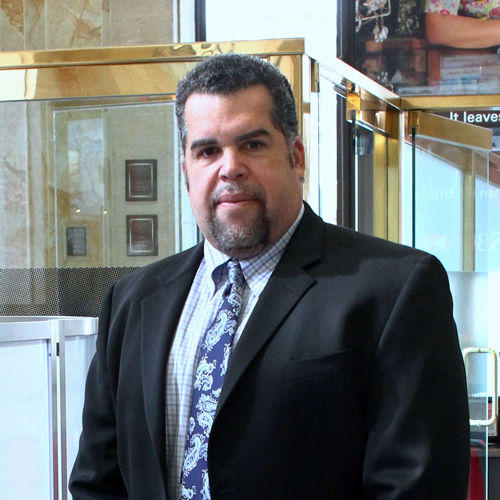
Even as a child, Analisa Padilla valued the rules. Growing up in a small town in Texas, she felt they provided the sort of structure she sought as a young girl.
Years later, as corporate counsel of SEC and compliance for Hyatt Hotels Corporation, she puts an even greater deal of importance on rules. And in the current fiscal environment, there seem to be more rules to implement every day.
“I enjoy coming to work and getting a set of rules and advising our business clients on the rules and regulations of the Securities and Exchange Commission,” Padilla says.
Padilla went to law school at the University of Texas at Austin before moving to Chicago in 2008. By now, she’s a Midwest convert.
“I do enjoy experiencing all four seasons,” she says.
She joined Hyatt about a year ago, after spending seven years as a corporate associate at Latham & Watkins LLP in Chicago. There, she developed a niche for representing public companies in the compliance arena and handling a variety of capital markets transactions.
“It fit nicely to transition to an in-house role after that,” Padilla says. “With Hyatt, I can really focus on one client and become more of a business partner.”
Because Hyatt is a publicly traded company, Padilla keeps up with the rules of the New York Stock Exchange and helps to make sure the company, one of the largest hotel brands in the world, is adhering to the many policies and procedures regulating the industry.
Padilla also manages Hyatt’s securities offerings, helps to prepare the company’s annual and periodic reports for investors, and oversees the annual proxy process, which is the annual process by which companies communicate with their shareholders and get input on a variety of issues. She additionally helps executives prepare for board and committee meetings and other corporate governance issues.
Padilla says she is still learning the hospitality industry and some aspects of the business, but that’s what makes the job interesting.
“It’s an ongoing process to learn what makes the business tick and discover how I can add value from the legal perspective,” she says.
From Padilla’s point of view, strong corporate governance is something every company should prioritize. “An effective corporate governance framework focuses on investors and the fundamental principles of accountability, transparency, and engagement,” she explains. “Investors, after all, provide the capital businesses need to compete and achieve profitability. With that, corporations have a duty to provide them with accurate and complete information,” Padilla says. “The SEC’s role is to make sure that happens.”
In this regard, the SEC’s rules require public disclosure of various types of information, including descriptions of a company’s business, its board and management, and financial and operating data, both historical and forward-looking. “The SEC views all of those things as important for an investor to know when they are making investment and voting decisions,” she says.
Padilla admits this is an extremely complex regulatory environment, but for good reason. “The recent financial crisis has resulted in regulatory bodies evaluating what went wrong and how can they can try to fix it. Sometimes they hit the mark, sometimes they don’t, but it’s all geared toward trying to give investors what they need to make informed investment decisions,” Padilla says. “Good corporate governance is essential to the stability of our capital markets and our economy, as well as the protection of investors.”

